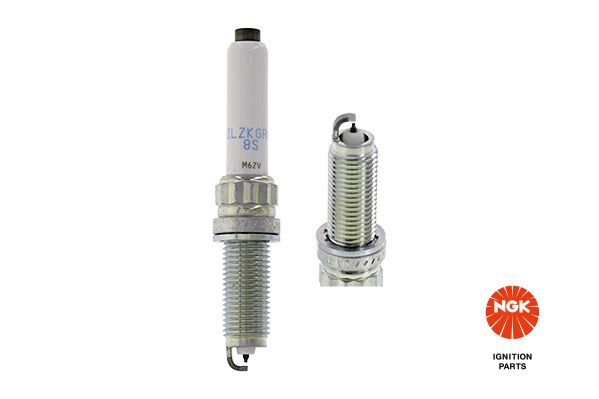Cleaning Spark Plugs vs Replacing: Which Is Better?

When it comes to maintaining your vehicle's performance, the debate between cleaning spark plugs and replacing them is a heated one. Discover which option truly keeps your engine running smoothly.
Understanding the Role of Spark Plugs in Your Engine
Spark plugs are integral to the operation of your vehicle's engine. They ignite the air-fuel mixture within the engine cylinders, producing the combustion necessary to power the vehicle. Without properly functioning spark plugs, your engine won't run efficiently and may face significant performance issues.
Each spark plug must generate a strong spark at precisely the right moment to ensure optimal engine performance. This makes them critical components in ensuring fuel efficiency, smooth acceleration, and overall engine health.
Signs Your Spark Plugs Need Attention
There are several indicators that your spark plugs may need attention. Common signs include a rough idle, difficulty starting the engine, poor fuel economy, and engine misfires. If you notice any of these symptoms, it's essential to inspect your spark plugs as part of your diagnostic process.
Additionally, physical signs of wear and tear such as fouling, corrosion, or damage to the spark plug tips can also signal the need for maintenance or replacement.
The Pros and Cons of Cleaning Spark Plugs
Cleaning spark plugs can be a cost-effective way to extend their life and maintain engine performance. The process typically involves removing carbon deposits and other residues that can hamper the plug's efficiency. This can be done using a wire brush, spark plug cleaner, or specialized cleaning solutions.
However, cleaning spark plugs is not always a perfect solution. Over time, spark plugs undergo wear and tear that cleaning cannot reverse. Hairline cracks, erosion of the electrode, or other forms of damage might remain hidden even after cleaning. Therefore, while cleaning can improve performance temporarily, it is not a permanent fix for worn-out spark plugs.
When and Why to Replace Spark Plugs
Replacing spark plugs is often the more reliable option, especially if they show signs of significant wear or damage. New spark plugs ensure optimal performance and can prevent engine issues that might arise from using old, degraded plugs.
Manufacturers usually recommend replacing spark plugs every 30,000 to 100,000 miles, depending on the type and quality of the plugs. Replacing them at regular intervals helps maintain engine efficiency, improve fuel economy, and reduce emissions.
Expert Tips for Maintaining Spark Plug Health
Regular inspection and maintenance are key to keeping your spark plugs in good condition. Check your spark plugs during routine vehicle maintenance or if you experience any of the symptoms mentioned earlier.
Using high-quality fuel and ensuring your engine is well-tuned can also help extend the life of your spark plugs. Additionally, always follow the manufacturer's recommendations regarding spark plug type and replacement intervals to ensure optimal engine performance.

 Loading..
Loading..